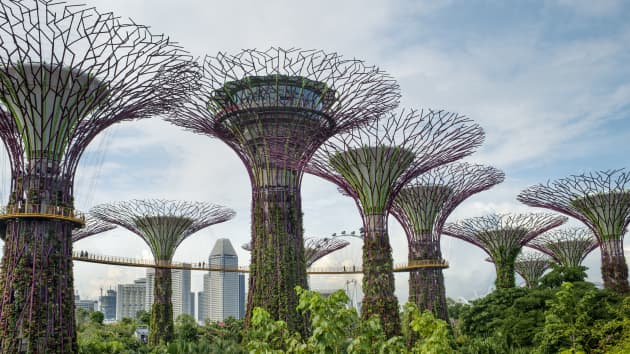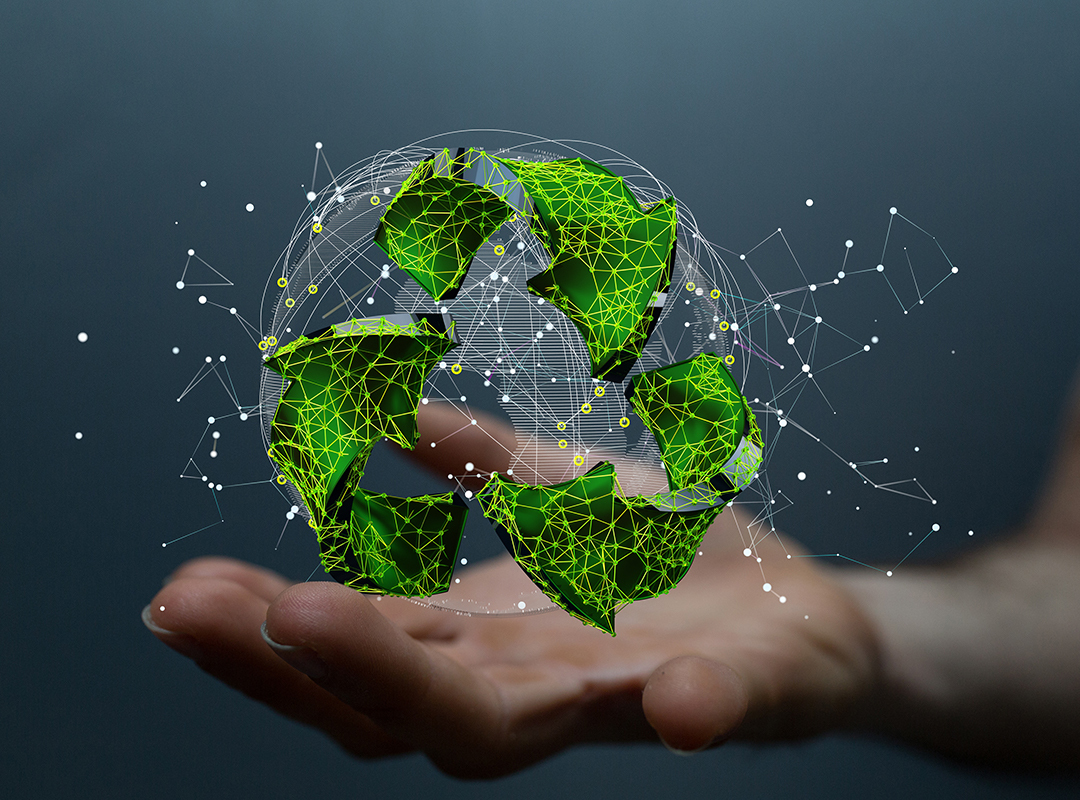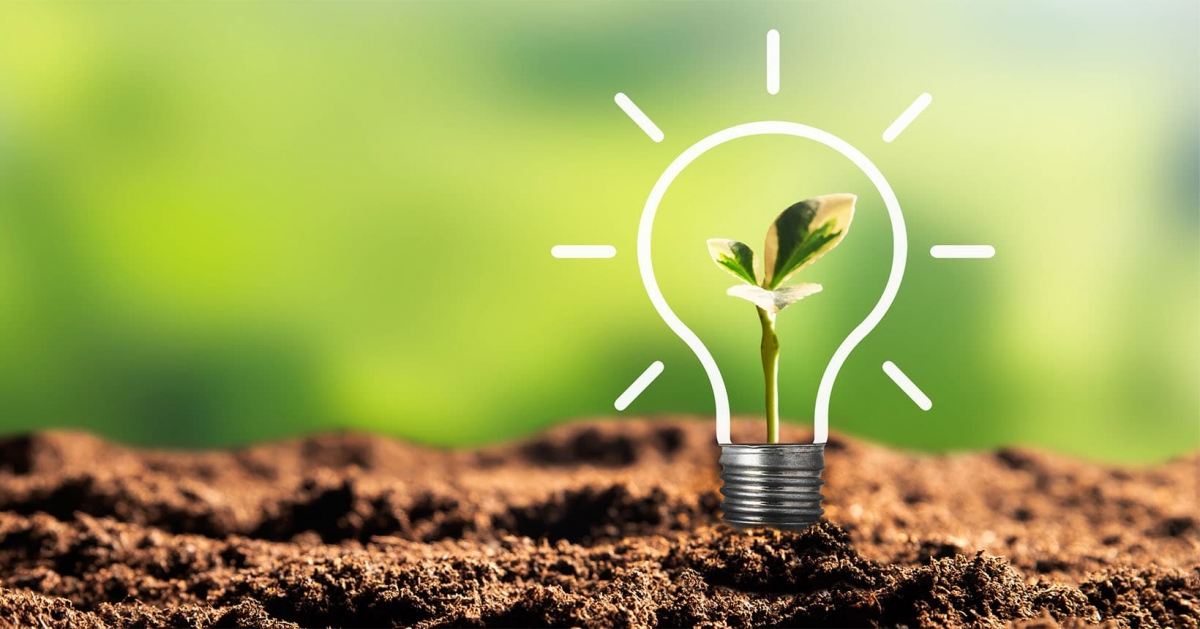On The Road To Sustainability

Sustainability is a word that has been championed by many in multiple industries, including the F&B and hospitality ones. And for good reason: while Singapore is still recovering from Covid-19’s hits on every aspect of our lives, the hospitality and F&B industries are still ramping up to greet the world, and sustainability is something that still needs to be recognised. This is the target of STB’s Road Map.
The result is a strategic plan and timeline that sets clear targets and an example to the rest of the world’s hospitality outlets. In exchange, it encourages patrons and guests to align their behaviour and travelling habits for the future. At the same time implemented sustainability is an excellent tool to differentiate, grow and conquer new customer segments!

What are the essential parts?
1. Raising sustainability standards and striving towards internationally-recognised certifications.
2. Test-bedding and adopting innovative sustainable solutions by individual hotels.
3. Developing sustainable hotel concepts, activities, and experiences in Singapore that help to push forth tangible results in improved carbon footprints.
4. Raising awareness of the industry’s efforts by promoting sustainable consumption habits amongst all relevant stakeholders.
Among the key initiatives are:
1.
Water Conservation.

Be it guests washing up, housekeeping cleaning rooms, laundry facilities and kitchens using water to cook and clean kitchen equipment, the range of applications and improvements is broad. Measures to help reduce wastage include implementing smart water meters or equipping guest rooms with water-efficient toilets.
2.
Waste Management, Recycling, and Circular Economy

Managing the amount of waste a hotel creates on a daily basis is a gargantuan one, be it food wastage, or the amount of plastic disposal from single-use plastics. But solutions are at hand and include the use of artificial intelligence (AI) powered food waste management solutions, food digestors, and even composting and smart drinking water systems for every need (whether ambient, hot, cold, or even sparkling) provided by the Industry Leader SWISSPRO makes plastic bottles, as well as their storage, logistics, waste, and disposal completely obsolete! With this impactful change, hotels can save hundreds of thousands of plastic bottles every year!
3.
Sustainable Sourcing and Procurement

A few hotels already create and cultivate in-house farms that develop their own vegetables and herbs. In addition, local or regional farms supply quality products helping to reduce carbon emissions when it gets sent over to the hotel.
4.
Energy Conservation

This improvement potential is very broad and includes solar panel technology, adjusting the thermostat temperatures in hotels during operation hours, district cooling systems, and having smart energy meters to make sure energy consumption is done in a way that maximises usage while minimising the energy consumed.
Fortunately, several hotels have already implemented some of above-described measures into their daily operations. These hotels include Fairmont, Grand Hyatt Singapore, PARKROYAL COLLECTION Marina Bay, and PARKROYAL COLLECTION Pickering, and Hilton Singapore. It’s a good start but much more can be done including hotels doing their own research, pushing out new strategies to conserve and become greener, and setting themselves as an example for other hotels. By 2030 Singapore aims to be a role model of green initiatives in all hospitality establishments.
 Sustainability is a word that has been championed by many in multiple industries, including the F&B and hospitality ones. And for good reason: while Singapore is still recovering from Covid-19’s hits on every aspect of our lives, the hospitality and F&B industries are still ramping up to greet the world, and sustainability is something that still needs to be recognised. This is the target of STB’s Road Map.
Sustainability is a word that has been championed by many in multiple industries, including the F&B and hospitality ones. And for good reason: while Singapore is still recovering from Covid-19’s hits on every aspect of our lives, the hospitality and F&B industries are still ramping up to greet the world, and sustainability is something that still needs to be recognised. This is the target of STB’s Road Map. 



